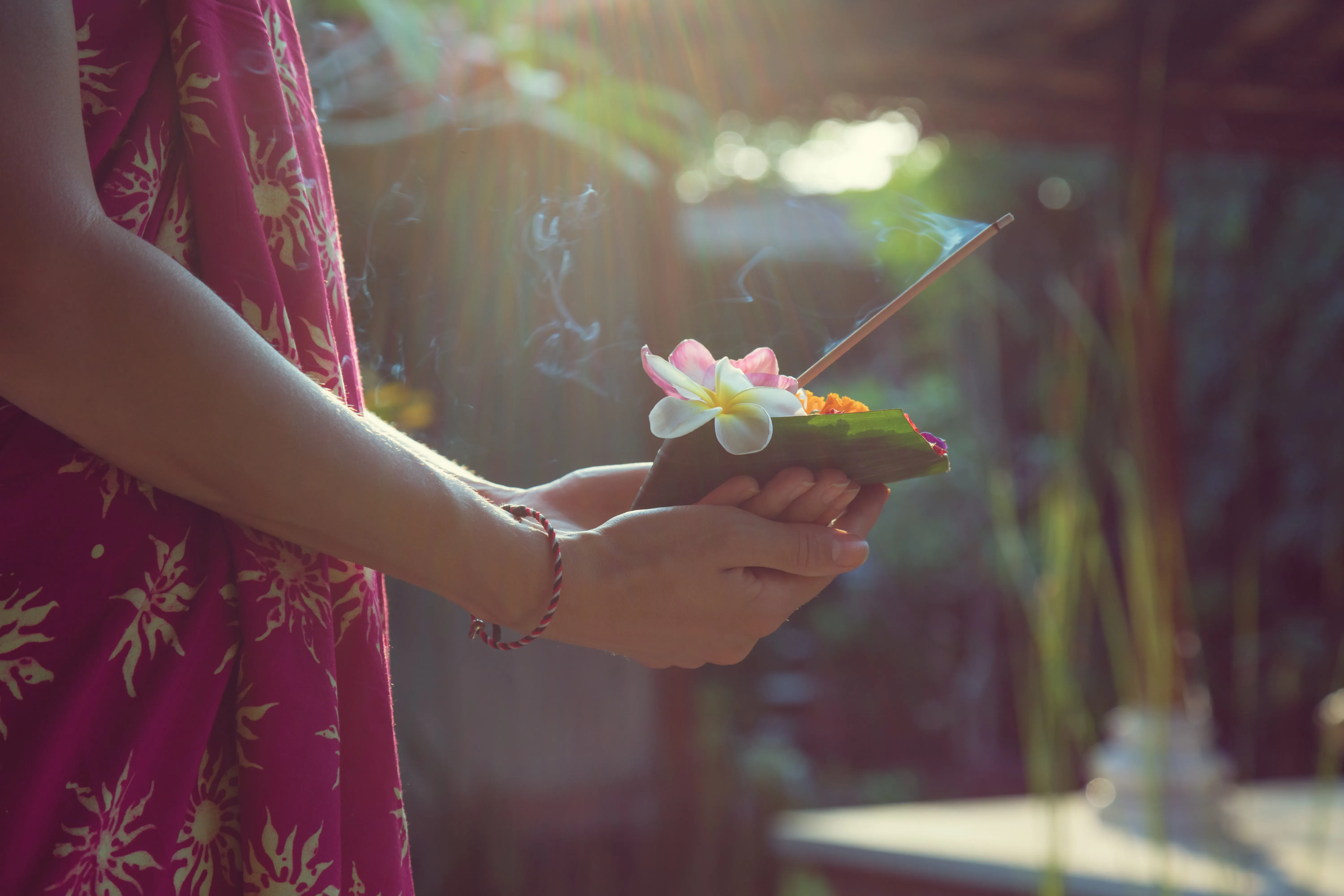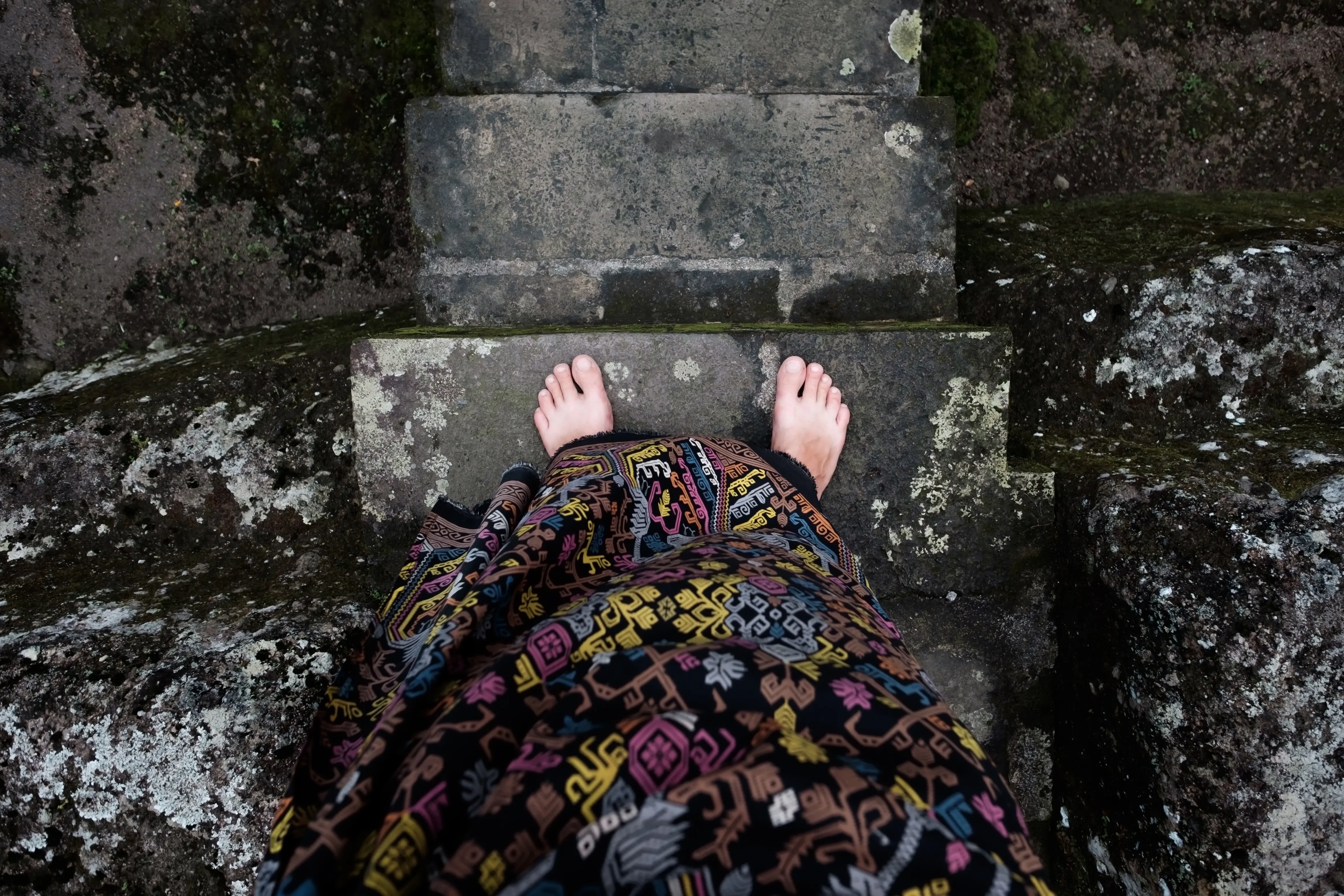Indonesian etiquette for tourists
After a spate of travellers behaving offensively in Indonesia, the government has issued a ‘Mind Your Manners’ list for tourists. Here are the most critical Dos and Don’ts when touring this spectacular island nation. All countries have their cultural quirks, some more than others; Indonesia is one such country. Made up of over 17 000 tropical islands, it features idyllic beaches, intriguing archaeological sites, and rainforests teeming with wildlife.
Furthermore, it is a melting pot of diverse ethnicities and devout religions. A 2022 census revealed that 87% of Indonesians are Muslim, followed by Protestant Christians (7.4%) and Catholics (3%). Hindus comprise 1.69% of the population, with most living in Bali. Less than 1% identify with Confucianism and other religions like animism. Indonesia’s cultural complexity and diversity add to its allure. However, it can also make the country trickier for visitors to navigate from an etiquette perspective. You can offend locals deeply by stepping outside cultural norms - even unintentionally. Nevertheless, certain Indonesian etiquette tips apply throughout the country - even its most laid-back destinations.

For example, Bali is Indonesia’s most popular island among tourists. Consequently, locals are well acquainted with visitors and more tolerant of cultural blunders than in other regions. However, even this relaxed island community has its limits. After several instances of tourist nudity at sacred sites in Bali in 2023, the local authorities put their foot down, arresting and deporting several offenders. Furthermore, they issued an official Dos and Don’ts list that tourists now receive on arrival. Following these critical Indonesian etiquette guidelines, you can avoid most cultural faux pas. Here they are - along with several other tips for understanding and integrating with local culture and customs.
»Indonesian culture is a blend of rich traditions, diverse ethnicities, and remarkable resilience, offering a unique tapestry of human civilization.«
Mastering politeness: essential Indonesian etiquette
#1 Dress appropriately
Given the recent nudity scandals in Indonesia, it is no surprise this tops the Indonesian etiquette agenda. The government has requested that tourists dress modestly, particularly when visiting sacred sites. For women, appropriate dress covers their knees and shoulders and avoids tight-fitting clothes. Additionally, specific religious venues may require women to wear head scarves.
Indonesian etiquette is more flexible when it comes to the male dress code. Men can get away with wearing shorts in more touristy parts of the country. However, it is still advised that men should wear long pants and sleeved shirts. Indonesia strictly prohibits public nudity of both men and women.
#2 Always use your right hand
In Indonesia, people typically use the left hand for ablutions. Therefore, locals consider it unhygienic to greet others - or pass an item - with the left hand. If you want to make a good impression, we recommend following this rule - locals will thank you.
#3 Power of a smile
As in many places, you can go a long way with a simple smile. Most Indonesians are warm, welcoming people who are interested in foreign culture and enjoy engaging with travellers. However, many are also shy of tourists and will wait for them to initiate first contact. A smile is often the encouragement they need to start a conversation. At best, you can find out more about the people and the region, and you might even get an insider tip or two.
#4 Take off your shoes
Indonesian etiquette requires that you take one’s shoes off before entering holy places, as well as most private homes. Certain restaurants, shops, and other venues also expect you to remove footwear before entering. If you are in doubt, look for rows of shoes in front of the door. Alternatively, ask your host or locals who are present for guidance.
#5 Treat people with respect
Indonesians are proud people who emphasise maintaining ‘face’, i.e., upholding their dignity. Criticising people or making jokes at their expense - particularly in public - is highly offensive in local society. Locals also look down on tourists who behave aggressively or use bad language. Furthermore, elders are held in high regard, and you should never address them by their first name only. Instead, Indonesian etiquette requires that you add ‘bapak’ (Mr) or ‘ibu’ (Ms) after their name.
#6 Comply with traffic rules and regulations
Due to numerous incidents of tourists driving motorcycles recklessly and associated accidents, Balinese authorities have included this on the list. In fact, the government is considering banning motorcycles for foreign tourists entirely if the situation does not improve. You should always wear a helmet and take a safety briefing to explore this fascinating country. Alternatively, there are also good bus connections and bike pooling options.
Top Indonesian etiquette Dont’s
#7 Never disrespect sacred sites
In 2023, one tourist posed semi-nude on a sacred tree for a photograph; while another danced entirely naked at a Hindu temple. Unsurprisingly, in the wake of these scandals, the government listed disrespect for holy grounds on its revised ‘Don'ts’ list. Specifically, tourists should never defile sacred sites by dressing (or rather, not dressing!) inappropriately. Furthermore, visitors should never litter or trespass on holy places, climb sacred trees, or walk outside demarcated paths.
#8 Try not to eat in front of people during Ramadan
Ramadan is the ninth month of the Muslim calendar and a time of fasting for Islamic followers. Indonesians are unlikely to voice an objection to you snacking in public over this holy time. However, many consider it disrespectful to those fasting for religious reasons. If you cannot find a private place to eat, addressing the issue with those around you is the next best step. For example, you could say, ‘Hi, I realise you are fasting at the moment; do you mind if I sit here to eat?’ Most locals will appreciate you acknowledging this sacred time of year and respecting the discipline it involves.
#9 Do not discuss sensitive political or religious issues
Indonesians take great pride in their heritage because they fought hard to gain independence from Portuguese and Dutch colonialist powers and, later, the Japanese. Consequently, a strong nationalist spirit runs through the country despite its cultural, ethnic, and religious diversity. Locals do not kindly take foreigners meddling with internal affairs. Discussions about human rights transgressions in East Timor or West Papua are particularly prickly topics.
#10 Stay away from drugs
Indonesians take drugs very seriously, and they are an absolute no-no across the nation. Moreover, buying or carrying them is not only culturally offensive - but also punishable by death. As one local explains, ‘Indonesians see the fight against drugs as a fight for future generations.’
Reminder: Short history of Indonesia
This Southeast Asian archipelago is rich with a diverse cultural heritage and a complex past. From the powerful Hindu-Buddhist kingdoms of Srivijaya and Majapahit, to the influence of Islamic sultanates, and the Dutch colonial era, Indonesia's history is marked by a blend of cultures and traditions.
The struggle for independence, led by figures like Sukarno, and the subsequent challenges of building a unified nation from its many islands and ethnic groups, offer valuable lessons. Understanding this history is crucial for grasping Indonesia's contemporary society and geopolitical significance.
Quick facts about Indonesia
- Official language: Bahasa Indonesia
- Form of government: Parliamentary republic & unitary state
- Population: 275.5 million
- Capital city: Jakarta
- Currency: Indonesian Rupiah
- Time zone: UTC+7
- Dry season: May to September
- Rainy season: October to April
- Average Climatic Temperature: 28°C
- Telephone area code: +62
- Standard voltage of electricity: 230 V
- Driving side: Left
Respect the culture for a fulfilling travel experience
Despite recent challenges due to disrespectful behaviour by tourists, Indonesia remains a fascinating destination with its rich cultural diversity and breathtaking landscapes. It is crucial to adhere to the dos and don'ts of Indonesian etiquette to ensure a respectful and enjoyable visit.
By using the power of a smile, showing courtesy and recognising local customs, you can make positive connections with the warm and welcoming people of Indonesia.
Source references:
Lonely Planet
Youtube - Firstpost
Following the Rivera
World Nomads
Sign up for the newsletter
By clicking on “Subscribe now” I will subscribe to the Conscious Explorer newsletter with all the information about mindful travel. Information on the success measurement included in the consent, the use of the shipping service provider MailChimp, logging of the registration and your rights of revocation can be found in our privacy policy.










